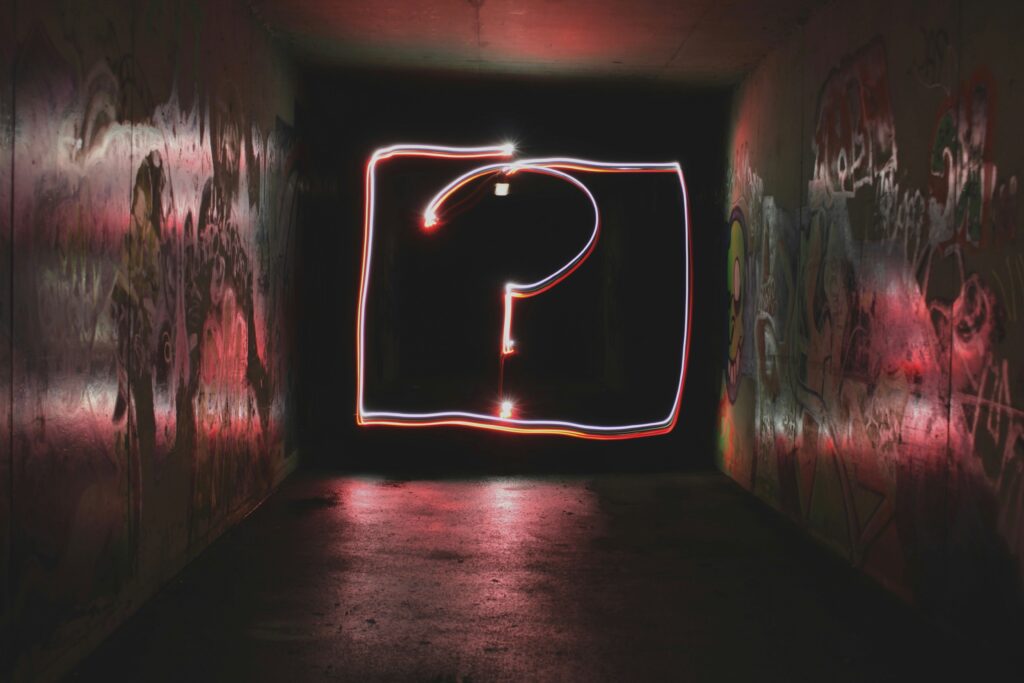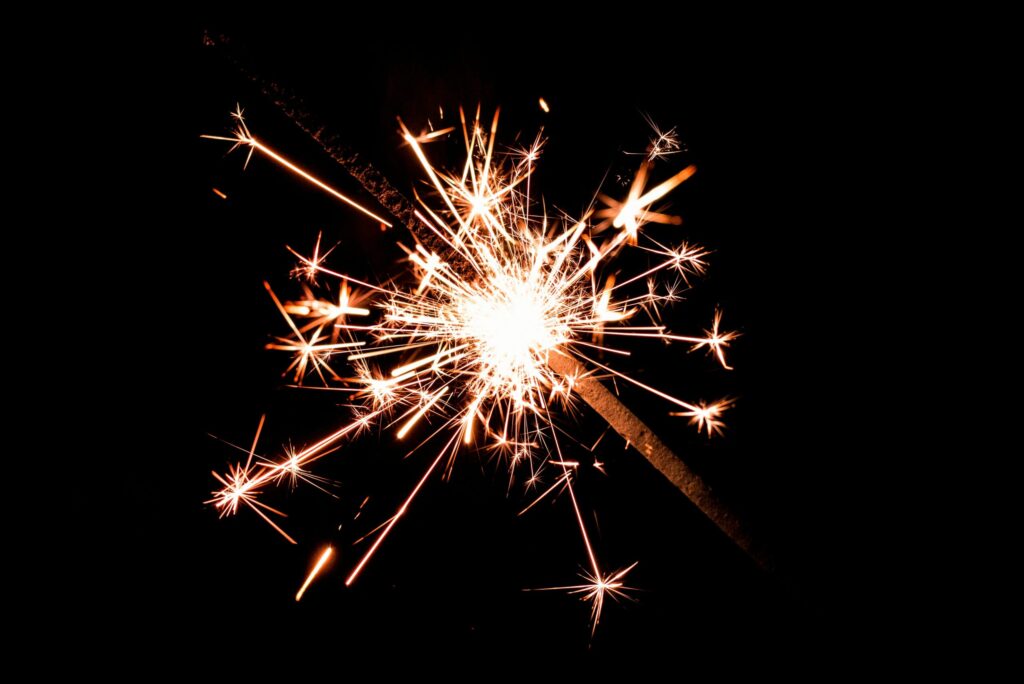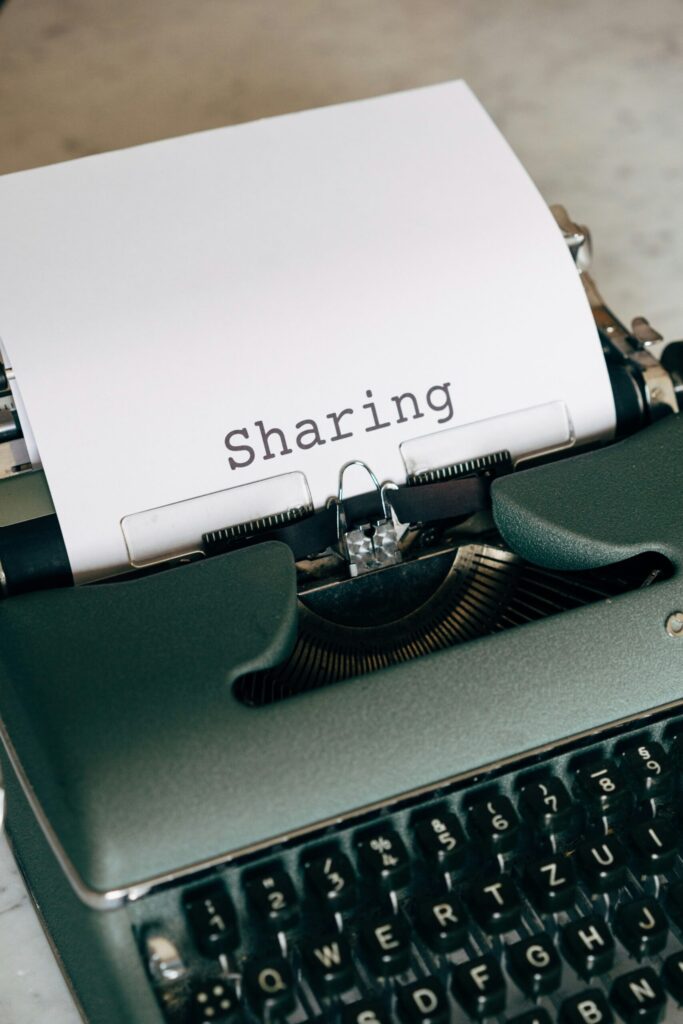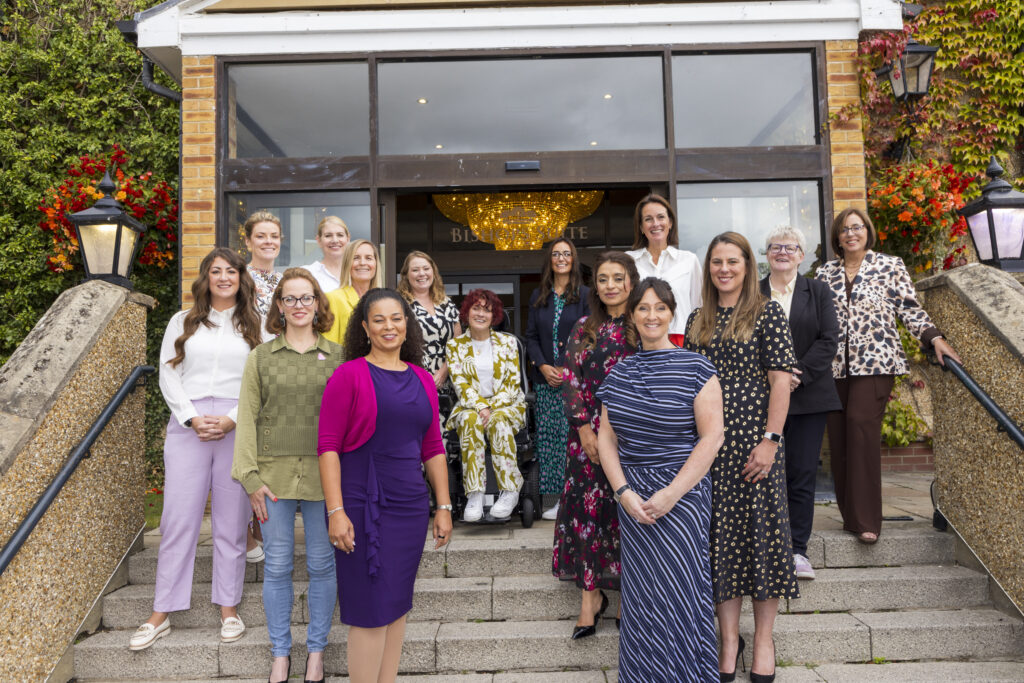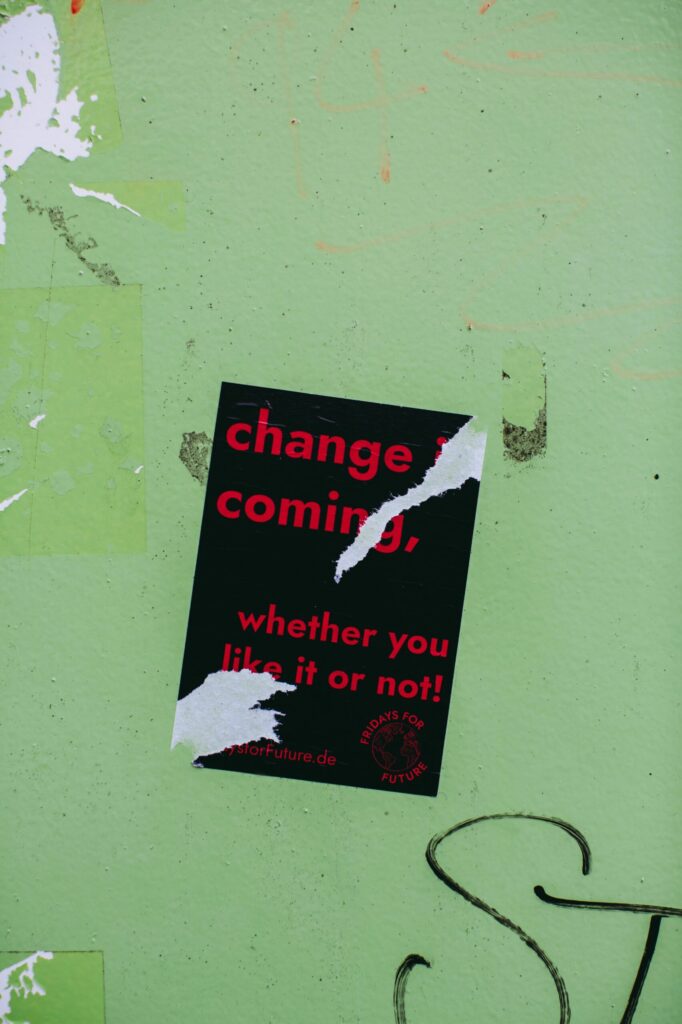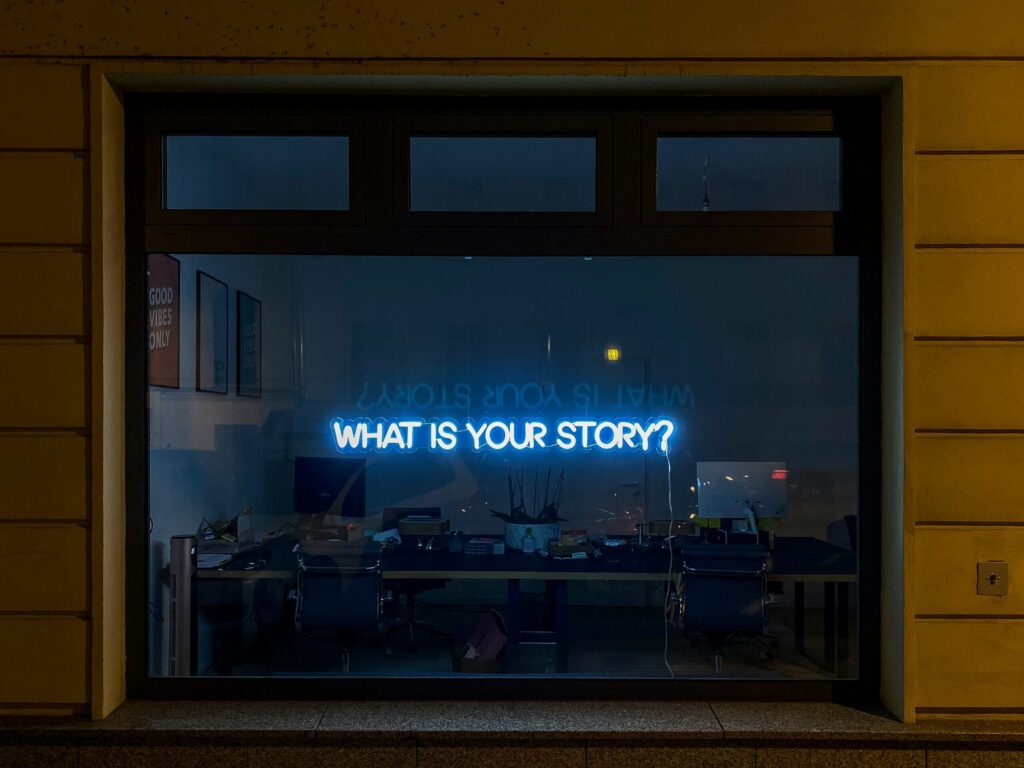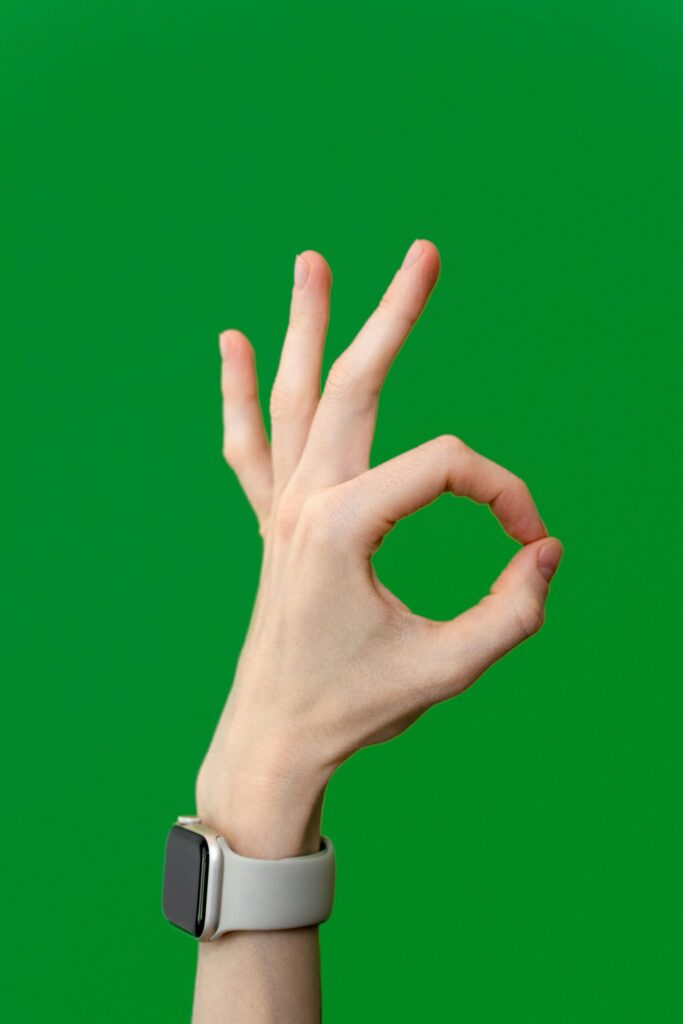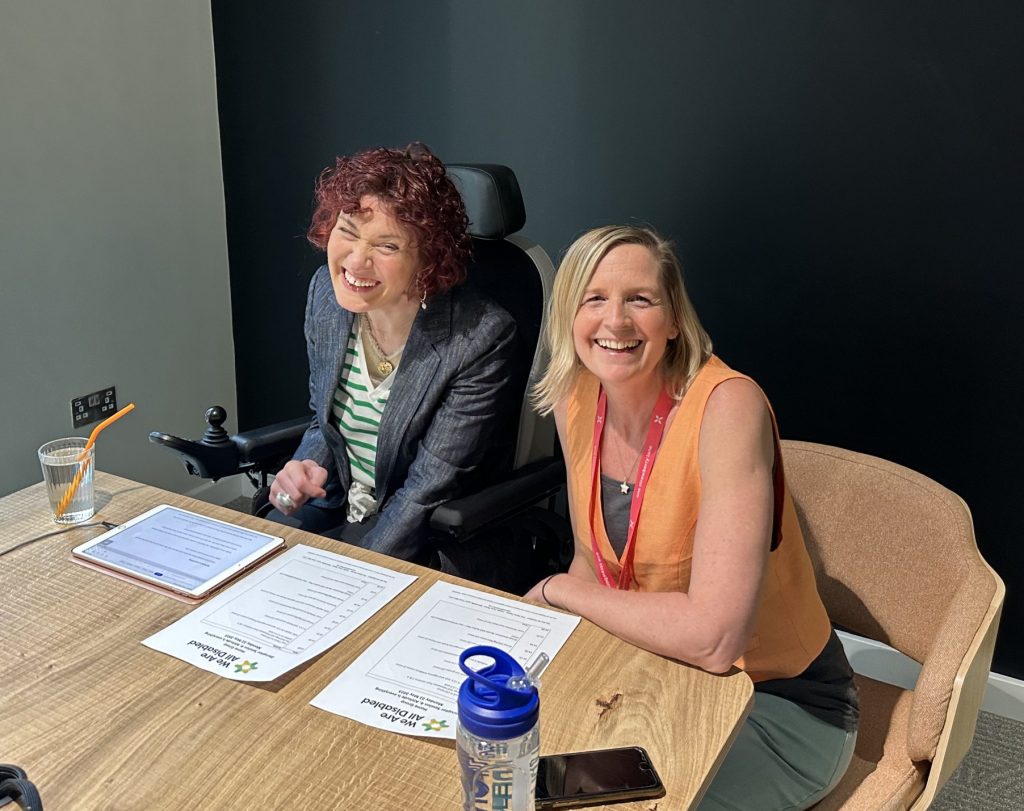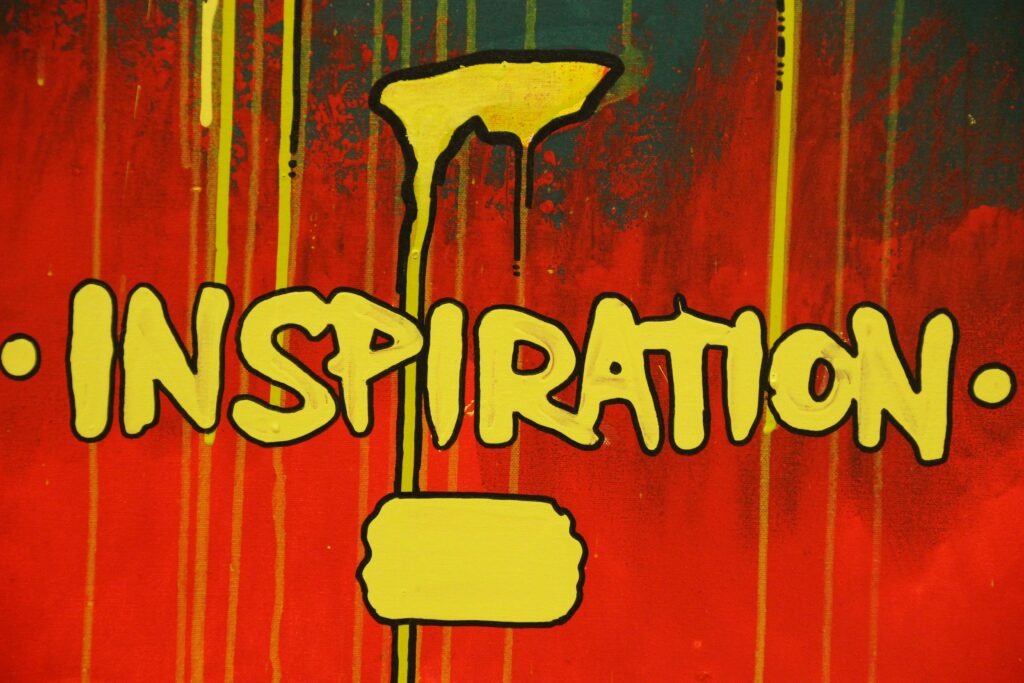I was shocked to hear on the news last week that children with suspected neurological developmental conditions are facing long waiting lists for diagnoses.
According to an unpublished report by NHS England, around 400,000 children were still waiting to get a first appointment after being referred to children’s community or mental health services at the end of 2022-2023.
Nearly a quarter of children with ADHD had to wait more than four years for a diagnosis and almost one in six waited more than four years for an autism diagnosis
However, what I struck me the most, perhaps because it resonated more with me personally, was that the highest waits are for children with suspected cerebral palsy.
I was born in the late 1970s . My mum had a normal pregnancy but complications during my birth caused me to be deprived of oxygen and led to me having cerebral palsy.
I was very poorly after I was born and my parents were told that I may have some brain damage. I was diagnosed at nine months when it was established hadn’t reached the key milestones of sitting up, reaching for things and rolling over.
Almost immediately our door into the world of paediatric care opened. I was referred to a consultant paediatrician who oversaw my care. My mum would take me to see someone most days; whether it be for physiotherapy, occupational therapy, speech therapy, or going to the toy library where we would borrow toys to see if I could manage to play with them . These interventions are based on the Medical model of disability, but they were also very important to my development at the time.
Although I believe that it is important to remember the disability is much more than definitions and diagnoses, I also think that diagnoses can be hugely beneficial in ensuring people achieve the right support.
It can also be helpful to have a diagnosis in order to understand why people are the way they are. I work with the Affirmative model of disability and view my disability as an intrinsic part of who I am. Without my diagnosis of cerebral palsy I would be missing a key part of my identity.
I believe that everyone should have the right to know about their condition if, and when, they choose to. But with or without a diagnosis, the most important thing is that we become more open to having honest conversations about disability. By recognising that each one of us is an individual with unique needs and challenges we can celebrate difference and promote empathy and understanding.
Photo by Emily Morter on Unsplash
